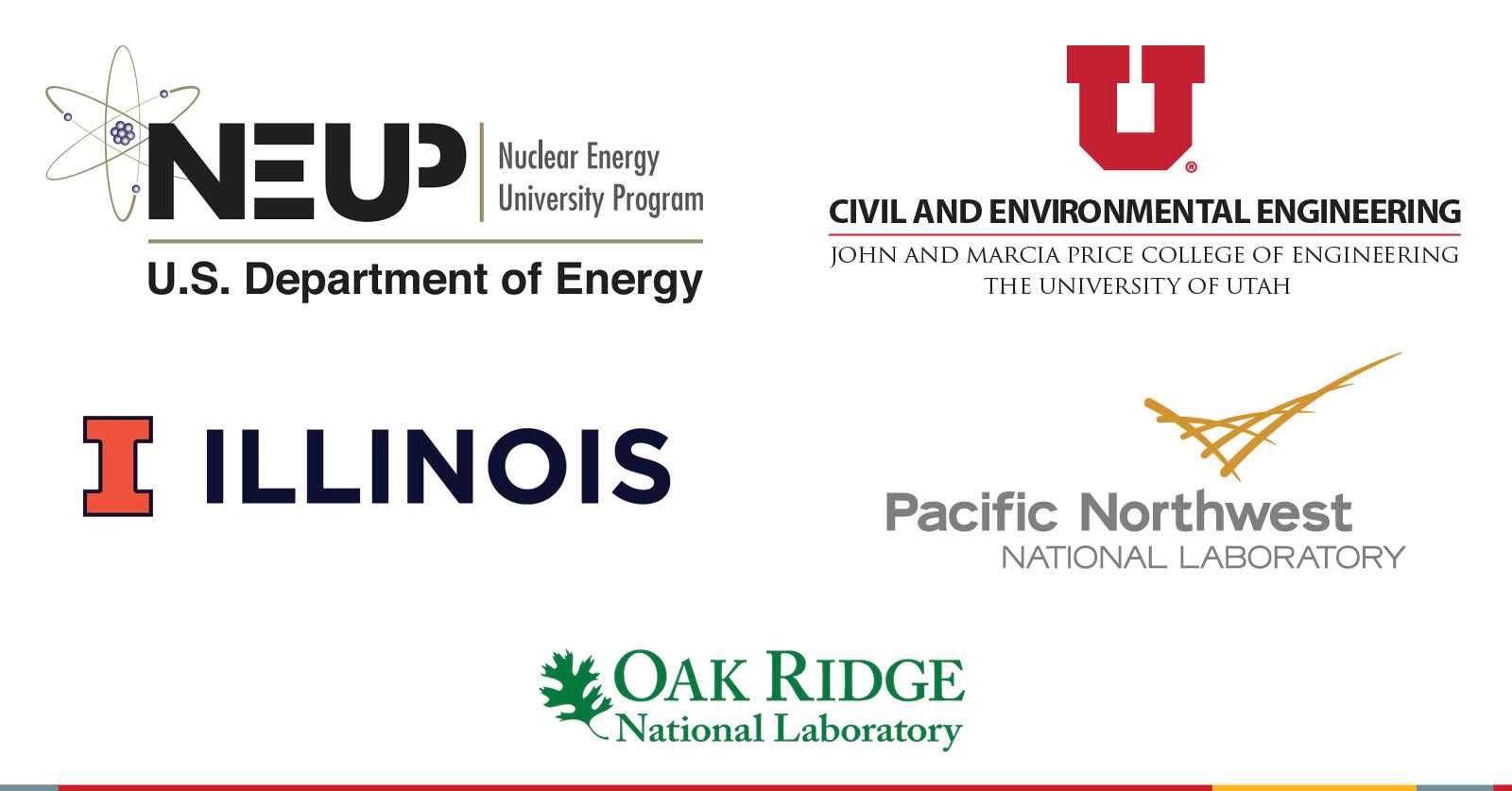Dr. Peter Zhu’s team Plays Key Role in Securing $1M DOE Grant for Advanced Nuclear Energy Research
We are thrilled to announce that Dr. Peter Zhu, Assistant Professor of Civil and Environmental Engineering, and his lab have been collaborating with a team at the University of Illinois on a proposal that has just been awarded a $1 million grant by the U.S. Department of Energy’s Nuclear Energy University Program (NEUP). This prestigious award recognizes Dr. Zhu’s contributions to the field of nondestructive evaluation (NDE) and its advancement to nuclear energy research and development, showcasing the team’s broad expertise in engineering research.
NEUP, a vital initiative for fostering innovation and maintaining U.S. leadership in nuclear research, supports university-led projects across the nation. In its latest round of funding, NEUP has selected 25 projects from 22 states, providing top science and engineering faculty and their students with opportunities to pioneer groundbreaking technologies and solutions in civil nuclear capabilities.
The project, titled “Local resonance-based linear and nonlinear NDE techniques for repaired DSC wall structures,” represents a significant step forward for safer and more efficient nuclear energy solutions. Collaborating with the University of Illinois, Oak Ridge National Laboratory, and Pacific Northwest National Laboratory, Dr. Zhu and the team will focus on developing novel linear and nonlinear ultrasound techniques. These techniques aim to characterize and quantify the structural integrity of repaired dry storage canisters (DSCs) used for long-term spent nuclear fuel storage and management.
Dry storage canisters are vital for safe storage and management of spent nuclear fuel. However, over time, these structures may undergo wear and tear, necessitating repairs to maintain their integrity. The project’s main goal will seek to enhance the inspection and monitoring of repaired DSC wall structures, ensuring their long-term reliability and safety.
By harnessing the power of advanced NDE methods, the research aims to provide nuclear industry stakeholders with invaluable insights into the condition of DSCs, facilitating proactive maintenance strategies and mitigating potential risks associated with structural degradation.
We are excited about the potential impact of Dr. Zhu’s collaborative efforts and look forward to the advancements this project will bring to the nuclear energy sector.

